By Amanda Scott Rogers, Zero Hunger Pathways Project Intern, Hunger Solutions Institute, Auburn University
Building on previous events exploring the US hunger situation, recommendations for improving SNAP, and tradeoffs and metrics in hunger systems thinking, SDSN USA’s Zero Hunger Pathways Project (ZHPP) held it’s fourth dialogue in an ongoing series of discussions on barriers and opportunities to SDG 2 (Zero Hunger) achievement.
Dialogue 4: Taking Innovations to Scale sought to focus on the hunger crisis in the United States by engaging participants in identifying innovative anti-hunger initiatives from across the U.S. through the lenses of the ZHPP’s four pathway vision: equity, health, resilience, and sustainability.
Recommendations and findings from Dialogue 4 will contribute to a report outlining policy, social, and technical recommendations to reach Zero Hunger.
Bassel Daher, ZHPP Co-chair and Texas A&M Professor, opened the event with an overview of the year long Zero Hunger Pathways Project Dialogue Series and the goal to bring experts together to create consensus-driven, action-oriented recommendations rooted in the project’s vision for four pathways. Then, Jeremy Everett, founder and Executive Director of the Baylor Collaborative on Hunger and Poverty, moderated the event and started the discussion by defining terms, offering context, and addressing three keys to scalability: research, practice, and policy.
Before attendees split into breakout rooms for open discussion on scaling hunger innovations, two examples of scalable innovations were provided by experts on interdisciplinary approaches to solving hunger. Dr. Lori Kanitz, Director of Federal Programs for the Baylor Collaborative on Hunger and Poverty, presented the first example with a program called Meals-to-You. The second innovative example was presented by Jonathan Grant, Executive Director of World Hunger Relief, Inc. (a.k.a. “The Farm”) called the Produce Prescription Project.
The plenary session and the presentations of scalable innovation initiatives given by the experts are recorded and available on YouTube.
The conversations in the fourth dialogue stemmed from the question, “How do we create scalable solutions to end hunger?”
Thanks to the fruitful contributions from dialogue participants, the ZHPP Working Group received valuable feedback. Key takeaways include:
Anti-hunger initiatives need to ground their work within practice. Participants advocated for those partaking in anti-hunger initiatives to do this by building relationships with those impacted by hunger and food insecurity and listening to their experiences and expertise regularly.
Creating projects with the four pathways (equity, health, resilience, sustainability) in mind is important for achievement of SDG 2. However, there will likely be tradeoffs between these pathways.
Equity with hunger and food insecurity should be addressed by getting to the root causes such as systemic racism with farmers of color.
Co-creative efforts are needed. It is vital to empower those who have experienced hunger and food insecurity by seeking out their expertise and stories. Initiatives need to empower communities and give those impacted the opportunity to take ownership of their intervention.
Gaps in hunger and health, as well as hunger and policy, need to be identified. Connections between biodiversity, sustainability, and long-term health and wellbeing should also be made more clear. Individuals and families impacted would benefit from being able to implement diet-related changes by understanding that health-related issues are possibly contributed to what they are eating.
Increasing local efforts and incentivizing local agriculture to support their surrounding communities can empower those experiencing hunger and food insecurity. Community efforts can include engaging the youth with agriculture, creating community gardens, and installing peer groups so that those impacted have easy access to learn about food systems.
Please reach out to usa@unsdsn.org if you are interested in engaging with the Zero Hunger Pathways Project, or with any comments or questions about the initiative.

